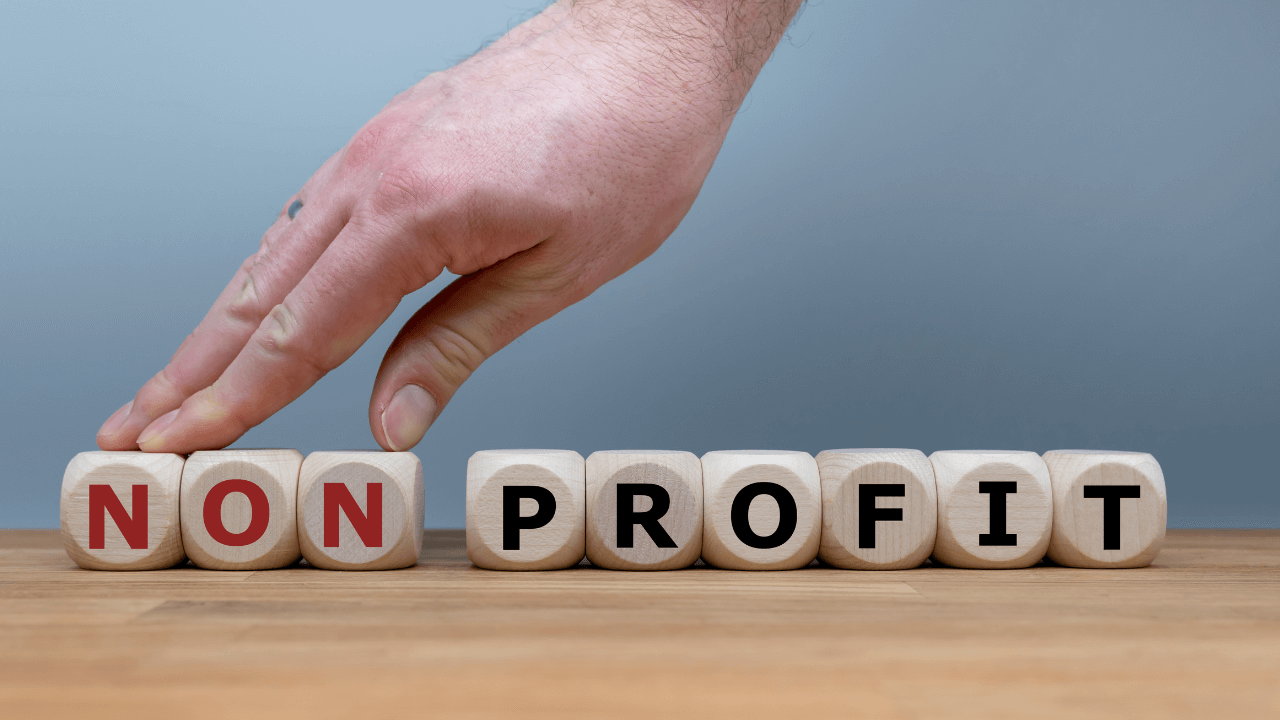Language:
How to Start a Rental Property Business

If you look at buildings online for about as much time as your friends spend on social media, maybe it’s time you make your love of properties into a full-fledged business instead of an endless scrolling party. Commercial rental property owners help businesses establish a spot of their own so they can flourish and grow, and residential property owners can give renters or guests a comfy spot to dwell, no matter how long (or short) they stay.
These 5 simple steps will bring you well on your way to a lasting rental property business that’ll fulfill your dreams of creating spaces for businesses and individuals to thrive.
What Is a Rental Property Business?
There are two types of rental properties: residential and commercial.
Residential Rental Property: A home that’s purchased by an investor (you!) and resided in by either short-term (a few days or weeks) or long-term (a few months or years) renters. For a rental property to be deemed residential, it must get at least 80% of its income from renters and other residential purposes. Some people rent out homes, apartments, or spare rooms to renters or guests through leased agreements or temporary stays, like an Airbnb or Vrbo.
Commercial Rental Property: A space in a commercially-zoned area that’s leased out to businesses so they can generate profit through it. Those outdoor malls you see, where there’s an Italian restaurant, a boxing gym, a pharmacy, and a nail salon? That’s likely a commercial rental unit, where many businesses rent a specific space so they can continue doing business. Those co-working offices where a few businesses work in their own offices with a few community areas? That’s also a commercial rental property, but instead of a full building or storefront, it’s a few rooms.
5 Steps to Starting a Rental Property Business
Many budding property-based entrepreneurs see owning rental units as a great way to earn passive income, and with a business-oriented approach, then it is! But there’s a lot of upfront work before it becomes a truly passive source of income.
1. Research Property Laws
With vacation rental backlash left and right, it’s important to ensure it’s legal to conduct your business (particularly if you’re going into short-term residential real estate). Vacation rental properties have posed threats to cities, from putting their hotels out of business to making their residential neighborhoods feel too commercial for anyone’s liking.
The best way to make sure you’re adhering to the laws is to research the vacation rental company’s website and your city’s laws on short-term residential rental properties. For example, Airbnb will commonly link articles to your local city sites as they did here for San Francisco, so you can attain the most up-to-date information on the current laws.
2. Identify Your Unique Selling Proposition and Target Market
Successful businesses are a much-needed supply for high demand. If you bought a commercial property in a more vacant neighborhood, for example, and rented out to a grocery store, pharmacy, and childcare center, you could be helping hundreds of neighbors find affordable places to get their groceries without having to drive too far away.
Or, what if you perused through a vacation rental website, and noticed none of the listings have rooms that fit families of 6 and more? With deep research, you could be helping families wanting to travel to an area have an accommodating place to stay.
Having a Unique Selling Proposition (USP) to make you stand out from the competitors, and understanding your target market or the ideal audience who will want to rent from you, will carve a clear path to your rental business.
3. Decide on the Type of Business Entity
After researching the market, decide on your business entity before anything else. You might not be able to find a space to rent or secure funding if you don’t. Even if your space is ready to rent out tomorrow, forming a business will legitimize your work so you and others involved recognize your commitment to your venture.
Here are some of the more common business types you can choose from:
Sole Proprietorship
An unincorporated business type is where a business owner’s personal assets (like their home, car, or their personal credit score) are attached to their business. That means if a renter were to sue you for, say, a broken door in your property, they could take away your home, your car, and other things you own if they win. While a sole proprietorship is a simpler business type to establish, it yields more liability risks to the business owner.
General Partnership
An unincorporated business structure where more than one member (owner) takes on the company’s liabilities directly (just as a sole proprietorship would do for a single member).
Limited Liability Company
An incorporated business structure that separates a business owner’s personal assets from their business assets, creating a separate legal business so its owners are protected. You’re required to file for an LLC through your state, establishing Articles of Organization and sometimes an Employer Identification Number (EIN) before officiating. For multiple owners, this is sometimes called a Limited Partnership, or LLP.
S Corporation
A business structure that has shareholders who own parts of the company, as long as there are less than 100. An LLC can file as an S-corp, and both LLCs and S-corps are also pass-through entities, which means they don’t have to pay both corporate taxes as C-corps do, avoiding double taxation.
4. Secure Financing and Find a Space
Before even finding a place, you should have a financial plan in place.
If you have enough money for a down payment on a house and all the purchasing expenses that come with it, you won’t owe any interest— other than your mortgage rate— to outside borrowers. If you’d rather borrow the money, research business loans offered by local credit unions, national banks (like Chase or PNC) federal programs (like the Small Business Administration), or private programs (like nonprofits). Be prepared for interest rates and other monthly fees to pay these back.
NerdWallet lists a multitude of small business loans for all types of business owners, like those with low credit, higher borrowing, and lower annual percentage rate (APR) ranges.
Once you have the funding, finding a space to rent— whether residential or commercial— can be challenging, particularly when real estate becomes a seller’s market.
If the market currently isn’t in your favor and you don’t have a place of your own, it’s up to you as a business owner to decide what to do next. Work with a real estate agent who specializes in finding rental properties (as many just focus on residential), or wait for the market to become less volatile for you.
5. Create a Business Plan
While business plans aren’t necessary for establishing your real estate business, it serves as a treasure map to lead your business’s ship to success. Without it, you won’t know which way to turn to your destination— or even what your destination is!
There’s no wrong way to write a business plan, but here’s an outline that covers all the basics to plan and run any business, rental property business included:
- Executive Summary & Company Description: A brief overview of your company.
- Market Analysis: Research you performed to show a clear supply gap for the demand of your business.
- Organization and Management: Everything from your rental rates and lease terms to how you’ll manage your tenants and collect payments. You should also note the insurance you’ll be getting, which is a vital part of owning a rental property to protect you from worst-case scenarios.
- Service or Product Line: Any other services you’ll provide through your rental business that wasn’t highlighted above.
- Marketing and Sales: Your strategy for getting the word out on the street about your rental units. Knowing your target audience will show you where to look— whether it’s mom Facebook groups, communities with lots of service providers, or targeting tourists on your social media channels.
- Funding Request: Your plans for securing funding.
- Financial Projections: Your goals for a set period, like the first 6 months or year.
- Appendix: Any additional information like images, links, and legal documents.
Owning a Rental Property Can be Easy With doola
You don’t need to be in a business partnership to have a team help you run your business. doola’s business formation services help you start, manage, and grow your rental property business to its fullest potential. We’ll help you figure out the best business type to file as, fill out all the proper documents, and jumpstart your business with you.
FAQs
What is the 1% rule for a rental property?
If you bought a rental property, the monthly rent should be at least 1% of what you paid for it.
Is the property rental business profitable?
You can make a rental property business profitable if you create a concrete financial plan, delegate your assets correctly, and save money for necessary upkeep that won’t take money away from your income.
Do you pay tax on the rental profit?
Yes, since your rental property is a business, you have to pay taxes on it just like you would any other business.
How can I save tax on my rental property?
Track what you’re spending throughout the year, so when tax season comes around, you can deduct expenses that you’re putting directly towards the business. It’s best to work with a financial professional to help you manage these expenses and identify which ones are considered write-offs.
Keep reading
Start your dream business and keep it 100% compliant
Turn your dream idea into your dream business.














